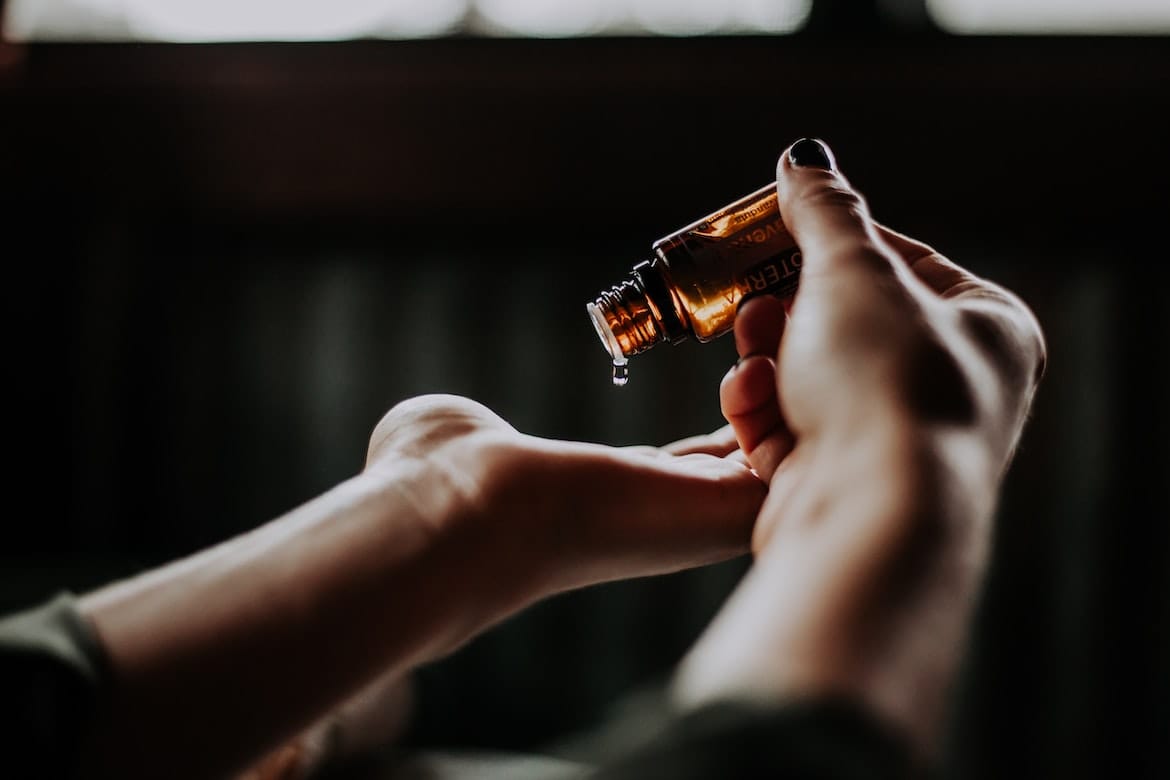Preventive Healthcare
What is Skin Allergy: Types, Treatment, Symptoms, Causes and Diagnosis
2449 Views
0

Allergies are common across the world. Reports revealed that more than 50 million Americans are diagnosed with allergies yearly. Among them, skin allergies are most prevalent among children and teenagers. Almost 11.6% of American children below 18 years suffer from skin allergies.
India is not lagging. A sudden increase in air pollutants like nitrogen dioxide and PM2.5 is causing severe skin allergies and other skin diseases among Mumbai citizens. Constant exposure to the sun and these pollutants directly affects students and college-goers. Dermatologists of leading hospitals confirm a sudden increase in patients with skin allergies.
Moreover, they have also noted some of the severe conditions where hospitalization of patients was inevitable. Hence, take good care of your children and other family members to avoid such complications.
What is an allergy?
An allergy is a common medical condition when foreign particles or allergens attack your immune system, and your body exhibits specific reactions to them.
Why does your body show reactions? When foreign particles enter your body, your immune system produces antibodies to fight those foreign particles. The antibodies may identify the allergens as harmful even if they don't have any potential to harm your body. In such cases, your body starts showing severe reactions.
Allergies can occur due to several factors, like pollen grains, dust, certain food items, air pollutants, etc. Thankfully, allergy is not life-threatening. However, a severe case of anaphylaxis may be fatal.
Type of allergies
There are some common types of allergies prevalent in the world.
- Allergic rhinitis or hay fever
- Food allergy
- Insect sting allergy
- Drug allergy
- Atopic dermatitis or skin allergy
- Anaphylaxis
However, allergies to food items, drugs and insect stings may lead to skin allergies.
What is skin allergy?
A skin allergy occurs when only your skin reacts to allergens. Skin allergies are not fatal. Though they can't be cured completely, proper medication may reduce itchiness.
Several factors, like immune system disorders, food items, pollutants, etc, cause skin allergies.
You may spot red, bumpy rashes, itchy red patches, scales and peelings of dead skin cells.
Types of skin allergies
Scientists have discovered five types of skin allergies so far. They are as follows:
- Atopic dermatitis or Eczema
- Urticaria or Hives
- Allergic Contact Dermatitis
- Angioedema
- Hereditary Angioedema (HAE)
Causes of skin allergies
Here are some causes of skin allergies:
- Sunlight
- Pollen grains
- Insect
- Animals
- Latex
- Soap
- Detergent
- Nickel
- Chemicals like Nitrogen dioxide, Sulphur, PM2.5
- Poison ivy or poison oak
- Family history
Reactions to skin allergies
Redness, itchiness, and bumpy rashes are common reactions to skin allergies. However, there are specific differences in responses based on the type of skin allergies:
Atopic dermatitis or Eczema
The symptoms include:
- Redness
- Bumpy rashes
- Dry skin
- Burning sensation
- A liquid comes out after scratching rashes
- Reactions on the faces of children
- Excessive small lines on the palms
- Rashes at the bends of the elbow joint, wrists, behind the ears and the knees
Urticaria or Hives
The symptoms include:
- Extreme itchiness
- Red rashes
- White raised rashes or welts of different shapes
- Reactions on any part of the body
Angioedema
The symptoms include:
- Swelling around eyes, cheeks and lips
- Inner layer swelling in hands, feet, throat and genitals in severe cases
Diagnosis and treatment
Diagnosis
- Skin test: In severe cases, your skin will show visible reactions to allergies through hives, rashes, and itchiness.
- Blood test: Your doctor may prescribe a blood test to measure the amount of immunoglobulin E antibodies in your blood.
Treatment
Treatment of skin allergies depends on the type of allergy.
- For eczema among children, the dermatologist can prescribe soothing moisturizers. However, in severe cases, antibiotics might be the only option. Moreover, antibody-blocking treatment and specific inhibitors are also used.
- Scientists and doctors have not yet discovered the exact cause of urticaria. In most cases, patients do not need any medical treatment. But antihistamines are given in severe cases.
Preventive measures at home
You cannot cure allergies from the root. But you can take some preventive measures to avoid skin allergies:
- Avoid eating foods that may trigger your allergies. Peanuts, eggs, certain fish, eggplants, shrimp, prawns and other seafood have allergic ingredients.
- Check the ingredients before eating any packaged foods.
- Ask your dietician to make a balanced diet chart for you.
- Stay hydrated.
- Apply moisturizers regularly.
- Apply sunscreen wherever you are going out.
- Keep anti-allergic tablets and creams handy.
- Don't let your children scratch rashes, even if they are itchy.
Conclusion
Skin allergies are not severe if you are careful. Pay extra attention to your children if they have poor immune systems since birth. Furthermore, don't feed your children too much food in the initial days. Check thoroughly whether any new food item is leading to any unusual symptoms.
Follow the instructions of your dermatologist. Maintain a balanced diet. Avoid foods that trigger your allergic reactions and always keep antidotes with you.
Metropolis Healthcare is one of India's leading diagnostic centres. Visit your nearest Metropolis Healthcare Centre for any pathological test. They have a good reputation for satisfying their clients.













1701259759.webp)









 WhatsApp
WhatsApp